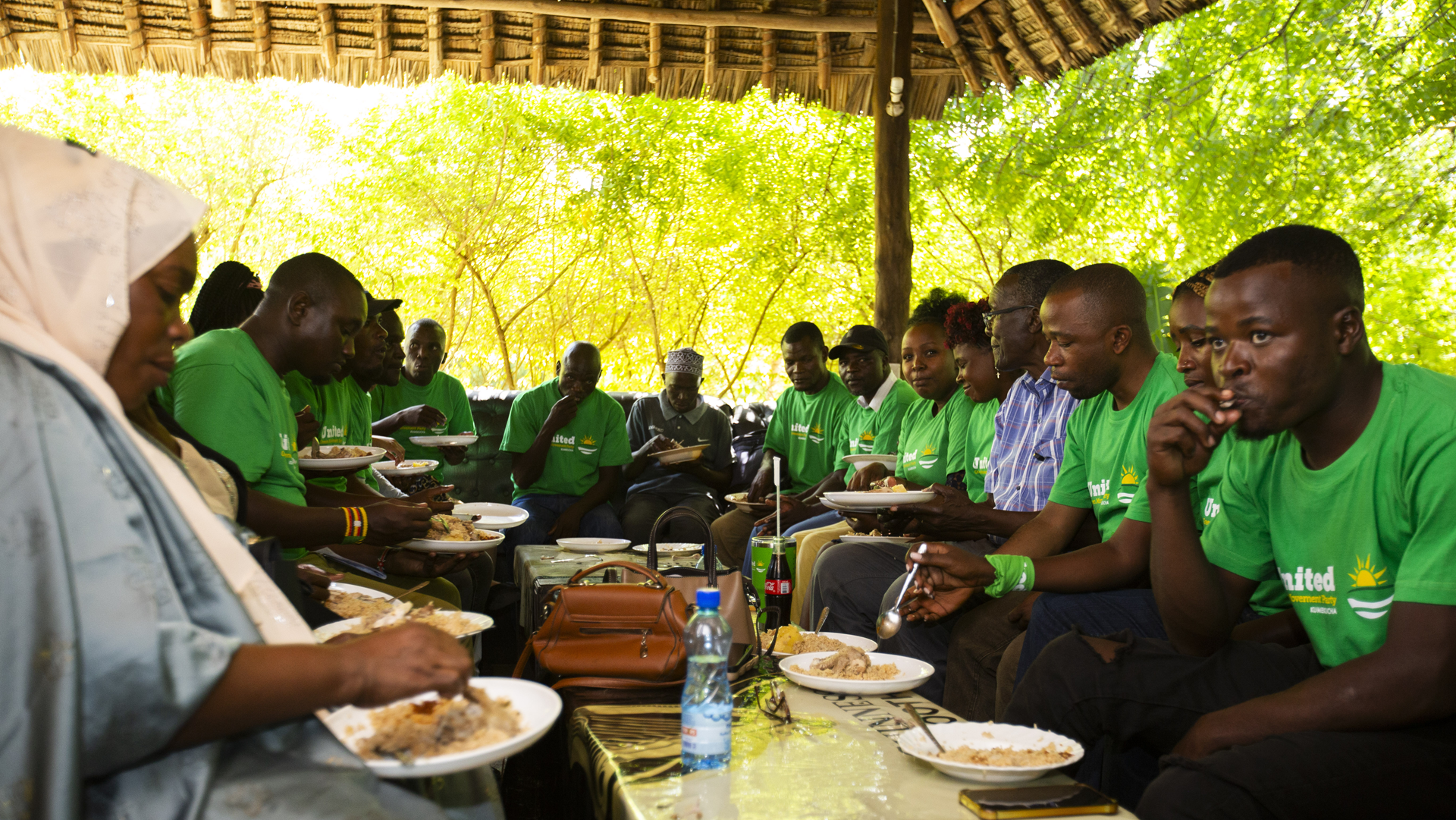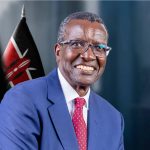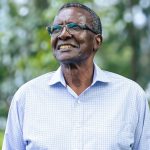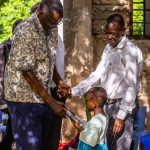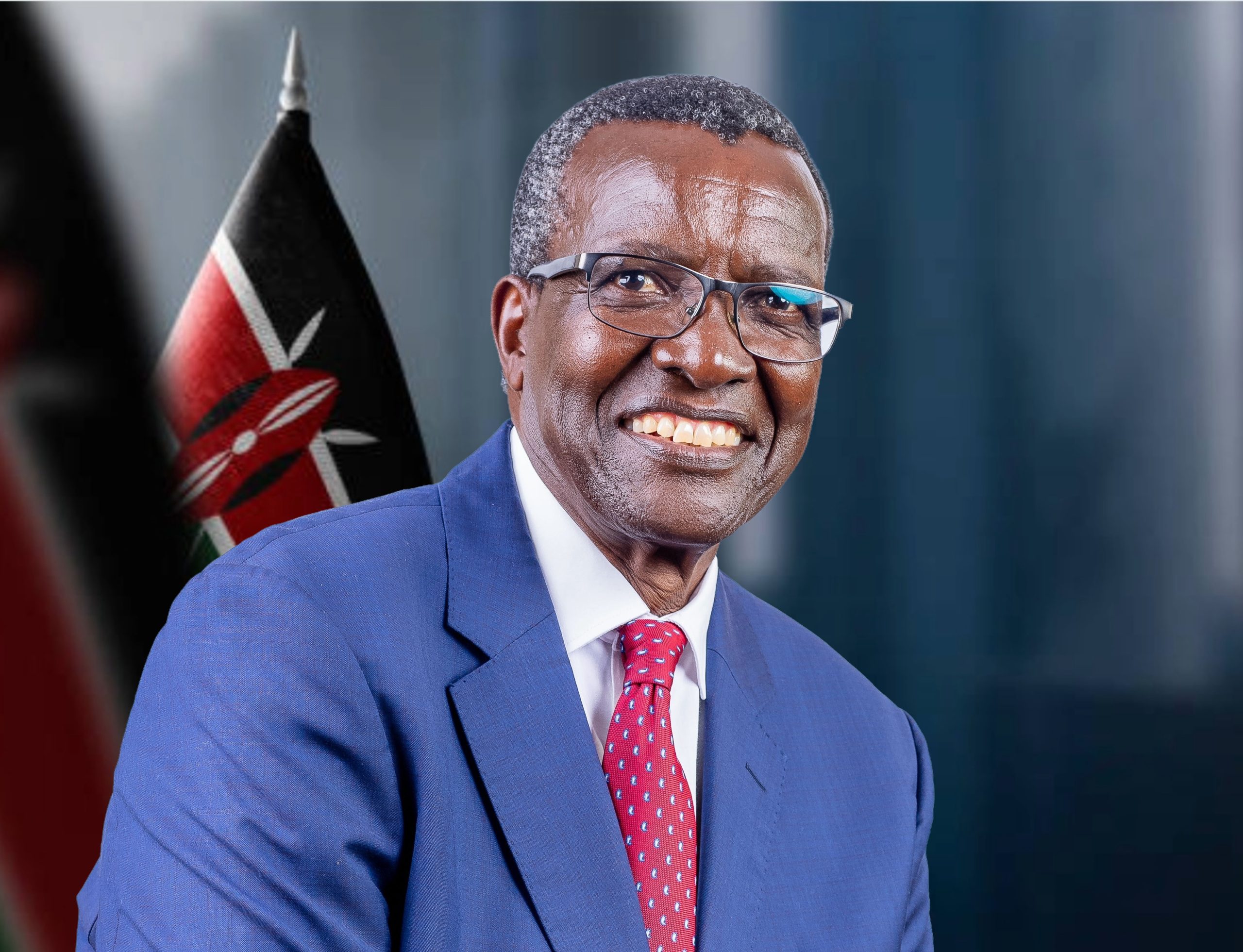By Washington Osiro

Three years into his first term in office, only die-hard Rutophytes and those whose loyalties and erstwhile criticism are for sale remain satisfied with President William Ruto’s tenure.
Kenya’s fifth president has lost a lot of goodwill after his improbable victory over the families at the centre of Kenya’s socio-political and economic decay.
President William Ruto lost me, someone from a tribe with unyielding fealty to his opponent in the 2022 race, Raila Amolo Odinga. A Luo, the so-called Nilote, I was supposed to be ten toes in for RAO – because all Luos are supposed to be loyal to one of “our” own. His handshake with Uhuru Kenyatta did it for me.
I have never been a passenger on the Loyalty-to-Tribe Express. My besties in primary (elementary) and secondary (high) school were across Kenya’s 43+ tribes, including the “Cousins” – don’t ask me to explain what this latest lexicon in Kenya’s political discourse means. I was, to use a now-proven meaningless characterization, “tribeless.” The term became a euphemism its purveyors used to disguise their deep-seated ethnic arithmetic rather than transcend it.
I supported William Ruto’s “Hustlers” against Raila Odinga’s Uhuru Kenyatta-bankrolled “Dynasties” because he promised to reverse the damage the latter, and their acolytes, have caused in Kenya since independence.
To briefly restate a now-worn-out reprise, Ruto promised to expand the national cake beyond the usual suspects. He pledged to stem abuse of resources and change the economic fortunes of his wheelbarrow-pushing “hustlers.” He alluded to a new type of politics – one that was issue-based and less personal and vindictive.
William Ruto promised to listen to the voters, including those who did not vote for him.
Yes, politicians campaign in poetry but govern in prose. Still, given the forces aligned against him in 2022 and the threats he reportedly faced, I expected Ruto to govern with conviction – breaking free from the divisive, patronage-driven politics he once condemned.
Some will argue that in including RAO and RAO’s Luo-centric supporters in his administration, WSR expanded the national cake beyond the usual suspects.
I disagree.
President Ruto has given life to Kenya’s most enigmatic, some would say divisive, politician while alienating a Mt. Kenya/Central voting bloc key to his 2022 victory. Call me naïve, but in so doing, WSR deployed the same machinations he decried when they used against him in 2022 – the use of state resources and agents in pursuit of the politics-as-a-winner-take-all blood sport he vowed to end. This is not the rough and tumble of politics. It is the weaponization of government agencies and state resources to hold on to power.
Despite his pledges to curb resource abuse, Ruto’s selfish return to the tribal politics he once condemned has left corruption a fixture in Kenya’s political landscape. To his credit, I think the scourge is less rampant under his administration than it was under his predecessor’s, which, in my view, is not saying much. The region’s economic powerhouse is its fourth-most corrupt country (according to Transparency International’s 2024 Corruption Perception Index), thirty-nine places behind its southern neighbor, Tanzania, and far behind Rwanda, a country 3 decades removed from genocide.
However, what has completely turned me off has been the rekindling of the tactics rampant under Kenya’s second president. Daniel Arap Moi was someone who, like William Samoei Ruto, wore his Christian faith on his sleeve, but led a government whose agents were notoriously violent against perceived or real opponents. The recent abductions, disappearances, intimidations, murders, and extra-judicial activities against Ruto’s critics have been chilling reminders of Moi’s darkest years and a betrayal of the future the incumbent president campaigned on in 2022.
Yes, Ruto’s administration has made strides in infrastructure development and economic reforms, but these gains are overshadowed by his failure to usher in a less dangerous and more tolerant political culture. To paraphrase Maya Angelou, William Ruto has made many Kenyans, including those who supported him in 2022, feel unsafe and insecure. He betrayed his 2022 promises by reverting to divisive tribal politics, tolerating corruption, and reviving Moi-era tactics.
The 2027 election offers a chance to move beyond the broken pledges and manipulative ethnic arithmetic that have long hindered the country’s progress. This is why I support former Chief Justice David Maraga, a leader whose track record of impartiality and commitment to justice stands in stark contrast to the disappointments of William Ruto’s tenure.
The race won’t be framed by the self-serving “Devil you know” vs. “The angel you don’t know” excuse Kenyans were fed in 2017, nor will they be forced to choose the “lesser of two evils” like they had to in 2022. In 2027, the race will be a choice between the incumbent William Ruto, and David Maraga – who offers Kenyans a leader they can vote for – not as a mere alternative or an idealized figure, but as someone who has consistently embodied the principled, ethical, and inclusive leadership they say they want.
Kenyans will be CHOOSING one of the two men – not REJECTING an opponent.
They will be voting FOR a president, not AGAINST a candidate.
Ruto and Maraga have track records.
One embodies ethics, accountability, and inclusiveness; the other’s past is marred by unethical behavior, impunity, and unopposed to violence.
One is committed to justice and impartiality; the other manipulates the Constitution for political expediency.
Kenyans want to restore trust in their institutions and move beyond the zero-sum tribal calculus that has long undermined national unity and progress.
I support David Maraga because he embodies these qualities in practice, not just as campaign slogans or rhetoric.
——————————————–
Disclaimer:
The views and opinions expressed in this article are solely those of the author and do not necessarily reflect the official position of the David Maraga Campaign or its leadership. Publication of this article in our newsletter is intended to foster open dialogue. Readers are encouraged to form their own judgments based on a broad range of perspectives.




